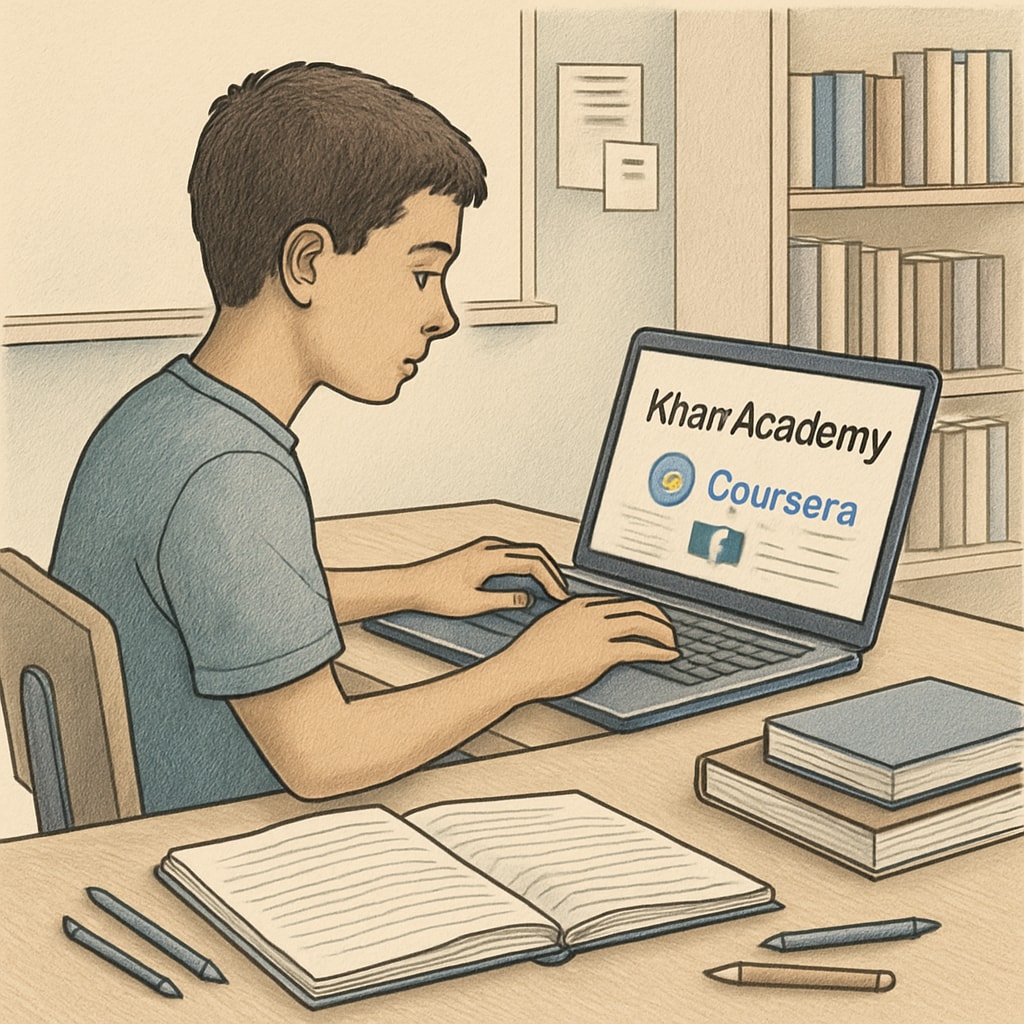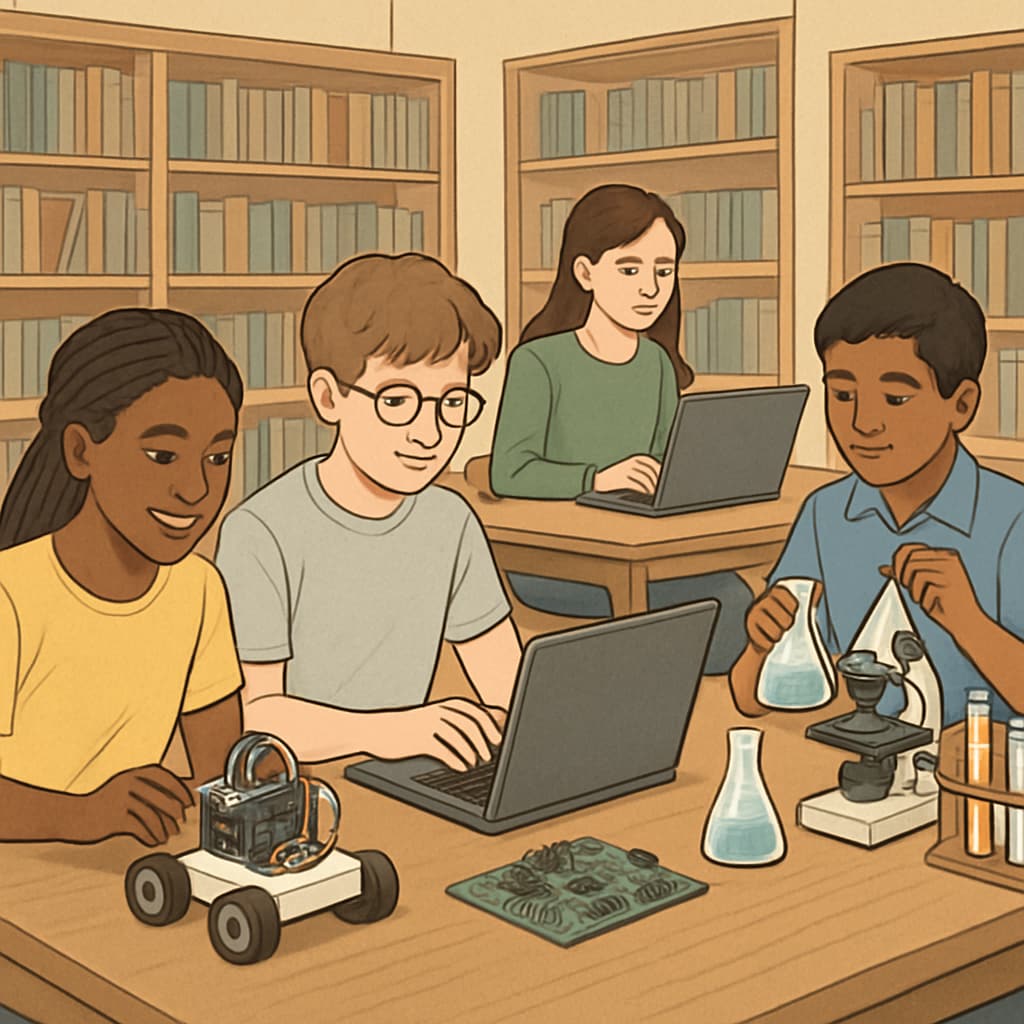As high school students approach their senior year, the search for education courses, extracurricular learning, and study resources becomes increasingly essential. These tools not only support academic excellence but also prepare students for the challenges of university and beyond. In this article, we explore various ways students can access high-quality learning opportunities outside their school environment, including online platforms, local organizations, and advanced preparatory courses.
Online Learning Platforms: Accessible and Flexible Study Tools
Online platforms have revolutionized the way students approach learning. Websites like Khan Academy (Khan Academy) and Coursera (Coursera) offer extensive libraries of education courses tailored to various subjects and skill levels. Whether you aim to strengthen your understanding of calculus, learn coding, or explore literature, these platforms provide a flexible way to study at your own pace.

Moreover, students can take advantage of interactive tools, virtual tutors, and quizzes to solidify their knowledge. Many of these resources are free or affordable, making them accessible for students from diverse backgrounds. As a result, online learning platforms are an excellent starting point for those seeking extracurricular study resources.
Community Programs and Local Organizations
Beyond the digital sphere, local organizations and community programs offer valuable opportunities for hands-on learning. Libraries often host workshops, study groups, and guest lectures that cater to high school students looking to deepen their knowledge. Similarly, local nonprofits may organize STEM (science, technology, engineering, and math) programs or art classes to engage students in practical, project-based learning.

In addition, community centers can provide mentorship programs, tailored tutoring sessions, and extracurricular clubs that foster personal and academic growth. These experiences build teamwork and communication skills, which are crucial for success in both school and future careers.
Advanced Preparation with University-Level Courses
For students aspiring to attend college, enrolling in university-level courses can give them a head start. Programs such as Advanced Placement (AP) or International Baccalaureate (IB) offer rigorous curricula designed to challenge high achievers. Additionally, some universities allow high school students to audit classes or participate in summer courses, which help them gain exposure to higher education environments.
Another option is dual enrollment programs that enable students to earn college credit while still in high school. These courses not only strengthen academic skills but also provide valuable insight into potential career paths. Taking advantage of these opportunities can significantly enhance a student’s academic profile during university applications.
Tips for Choosing the Right Resources
Since extracurricular study resources vary widely, selecting the right options can be overwhelming. Here are some tips to simplify the process:
- Identify your academic goals: Whether you want to improve grades or explore new interests, clarity helps narrow down options.
- Evaluate accessibility: Online platforms are convenient, while community programs may require physical participation.
- Consider costs: Many resources are free, but advanced courses or specialized programs may involve fees.
- Seek recommendations: Consult teachers, mentors, or peers to discover reputable resources.
By taking these steps, students can maximize their learning potential and enjoy a well-rounded educational journey.
The Benefits of Exploring Extracurricular Learning
Engaging with education courses, extracurricular learning, and study resources provides numerous benefits, including:
- Improved academic performance: Supplemental material helps students grasp challenging concepts.
- Personal growth: Exposure to diverse subjects fosters curiosity and adaptability.
- Competitive edge: Advanced skills and experiences enhance college applications.
- Networking opportunities: Community programs and university courses connect students with professionals and peers.
Ultimately, the pursuit of learning outside school empowers students to take charge of their education and build a bright future.
Readability guidance: Use short paragraphs and structured lists to present information clearly. Distribute over transition words like “however,” “in addition,” and “for example” throughout the text. Keep sentence length manageable, and minimize passive voice usage.


